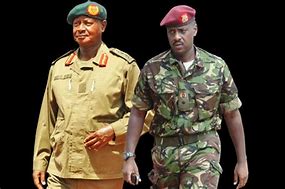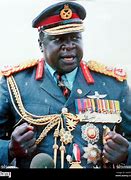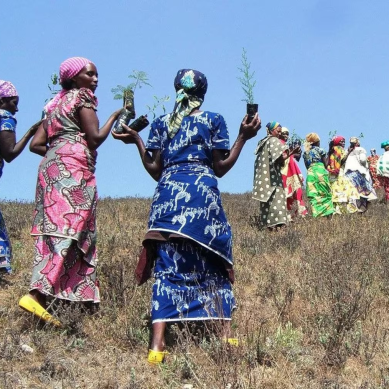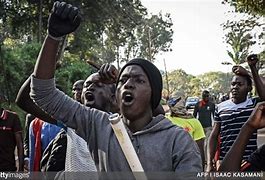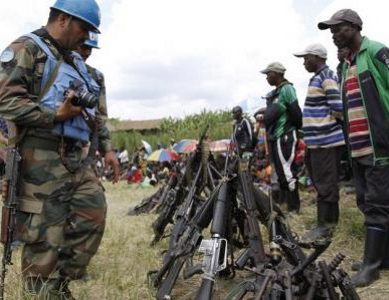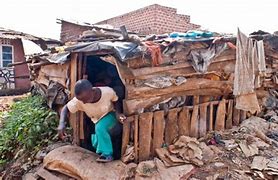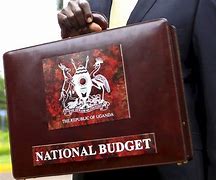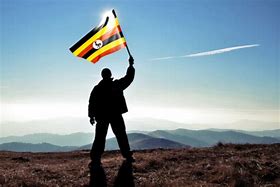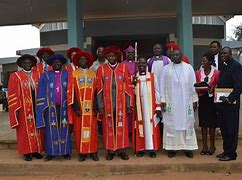Why Museveni created non-opposition for ethnicising politics and politicising ethnicity in Uganda
It should be remembered that during the burial or Professor Adoniya Tiberondwa, a UPC stalwart, at his home in Bushenyi, General Kahinda Otafiire told mourners who dressed in UPC colours that as combatants, they would wear the red T-shirts and then go on the rampage. At other times, they would wear the uniform of the UNLA, which they had in plenty, since the majority had just walked out of the UNLA. This way the population would be easily hoodwinked to believe that it was UPC youth wingers killing people.
How political impunity failed justice-building in governance for inclusive development in Uganda
With the passage of time, President Tibuhaburwa Museveni has tended to appoint members of his family and ethnic group to high-ranking offices, which has introduced a high degree of political and other injustices, political careerism, political impunity, political hereditarism and political corruption, hence exclusionism in leadership and governance of the country. The latest, which did not come as a surprise, was the appointment of his son, General Muhoozi Kainerugaba, as the Chief of Defence Forces of the Uganda Peoples Defence Forces (UDPDF). This is the most glaring show of political and military impunity of the president of Uganda
Dear COP29, it’s time to put women-led climate solutions on the agenda
It’s way past time to make gender equity an integral part of global climate policy and investing. This isn’t about PR, CSR, or even ESG. This is about basic common sense. Women are more likely to be affected by the impacts of climate change than men, meaning they are more likely to see and feel it coming, learn how to adapt, and care for others during extreme weather and natural disasters.
Uganda needs a new political dispensation to experience liberation from the criminal elite
Liberation is primarily intellectual. It is in the mind and the heart.There was a time during the struggle when we thought that all we wanted was to rule ourselves”. Thus, political independence is not political liberation. In Uganda, we have more or less remained where we were when we got political independence from the British colonialists.
Iran-Israel hostility spirals rapidly from sub-threshold level to overt war that sucks in Middle East
Israel’s targeting of the Iranian consulate in Damascus on April 1 has been widely regarded as a step up in its openness to hit at Iran directly, though Tehran is accused of targeting an Israeli embassy in the past. The recent behaviour is a departure from the past when either party often tried to shroud their actions in the cloak of plausible (or sometimes implausible) deniability.
Why Tutsis are at the centre of DR Congo’s conflict 30 years after Rwanda genocide
The M23 and the FDLR are fewer in numbers than other armed groups in the east. However, their outsized representation in public discourse and regional negotiations shows the long-term impact of the Rwandan genocide in the region.
Uganda: Where poverty and opulence coexist uneasily and NRM hawks use them as raw material to oppress the citizenry
The kind of oppressive attitudes and behaviours are backed up by the institutional arrangements. This helps to clarify the confusion around what some claim to be “reverse racism”.
How tax in Uganda is a tool of exploitation, poverty generation, dominance and oppression
Material poverty gets worse if it is dominated by what is called intellectual poverty. When intellectual poverty is allowed to proliferate throughout society from bottom to top and throughout leadership and governance from top to bottom, there is inadequate intellectual capital and power to address the complex issues generated by an impoverished environment, populace, leadership and governance of a country. Everything to do with development, transformation and progress becomes a gigantic lie. Taxes are wasted. Investment in anything does not yield benefits to the taxpayers. Those who are supposed to use the taxes to develop social services and infrastructure target them for personal aggrandisement and/or enrichment.
In Uganda, we were militarily conquered, occupied, controlled and now dominated by guerrillas who claim to have liberated us
Perennial military slogans, songs and celebrations yearn in year out and perennial lie that we experienced liberation are also perennially concealing the truism that we are under conquest, occupation, domination and rule by people who came from elsewhere and captured our instruments of power.
The spill of Africa: Uganda’s academic knowledge workers cut image of leftovers who can’t qualify to be mind liberators
In Uganda, the single most threat to the belonging of species, including Man, Homo sapiens, is Man – particularly the political, entrepreneurial, corporate and nomadic-pastoral Man. Most of the blame goes to our education system, which continues to produce selfish and individualistic graduates, who in the total society manifest as the greedy, the selfish and the individualistic. When they should be building communities, society and country as “wholes” they build themselves, their families, kith and kin and ethnic groups.




